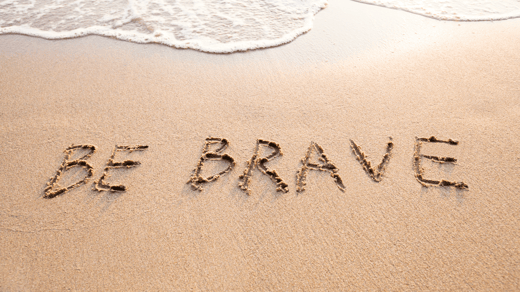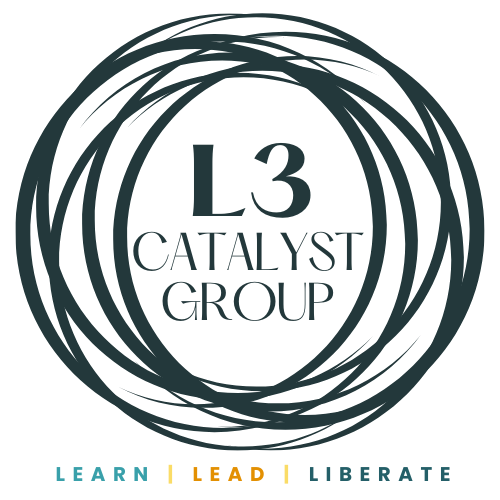
Brave Space Ground Rule #3: Challenge by Choice
This is Part 3 of a 5 Part series unpacking the concept of Brave Spaces. More info here: What Do You Mean Brave Spaces? I Want Safety! and here: Ground Rule #1: Controversy with Civility and Ground Rule #2: Own Intent and Impact.
Brave Space Ground Rule #3: Challenge by Choice trusts the learner to choose their level of participation. In social justice and equity-focused work, participants can “step in and out of challenging conversations.” Learners choose whether or not to engage in each discussion. (Arao and Clemens, 2013).
I’ve found that this practice tends to protect those with power identities that bring us privilege, resulting in opting out of hard conversations to preserve our comfort. Arao and Clemens share that Challenge by Choice is rooted in an important principle and truth of social justice education: “Though a given activity or discussion question may provide a challenging opportunity for participant learning, much of that learning may be internal.” (Aro and Clemens, 2013.) Society primarily values verbal communication. It may not be visibly evident when we wrestle with a new concept. Forcing engagement can cause much harm, pushing participants to dig into current beliefs and snuffing out the flame of curiosity, creativity, and the ability to listen.
What do we do when people don’t want to be challenged? When they cross their arms in disdain and refuse to engage? The authors share these strategies:
- If you notice certain groups of people engaging but not others, invite those that we haven’t heard from to share their thoughts. For example, if you are having a conversation about race in which People of Color are jumping in to share thoughts, the facilitator may invite those that are white to share a wondering, reaction, or thought as well.
- Encourage participants to be aware of factors that influence their likelihood to participate. Some may be quiet because they are grappling with their own experiences, some may be formulating a thought to share later, or some may be deeply uncomfortable with the topic and are unable at the time to engage in it at this time.
- Encourage participants to think about what may be keeping them from challenging themselves. Self-protection? The challenges of unlearning and re-learning messages and supposed truths we’ve held previously.
- Encourage participants to think about how this topic or issue affects or doesn’t affect, their daily lives. This can allow us to be open to those this issue impacts most intensely.
Additionally, when working in a team over a more extended time, it can be beneficial to know about our learning, communication, and behavior styles. For example, some people communicate right away while formulating thoughts, while others want to think about responses for a bit. Some jump right into difficult topics, while others want to learn more first. Dozens of activities, inventories, and tools can help with this. Let me know if you’d like to talk through some of them.
Don’t give up on yourself and your ability to learn and grow, building Brave Spaces toward inclusion and liberation.
How can you take action using this ground rule?
Fellow leaders and learners, I wish you courage and joy on the journey.


July 12, 2023




Comments